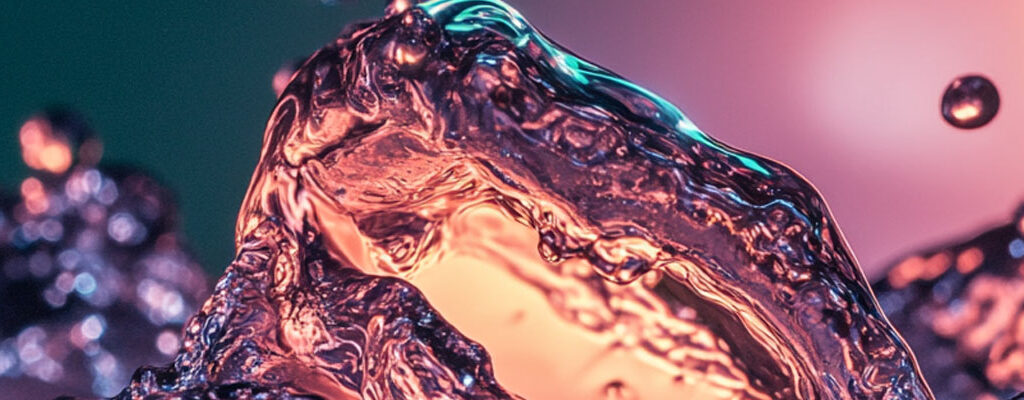
In today’s competitive beverage market, taste is among the most important factors influencing consumer choice. Whether functional drinks are designed to improve health or innovative alcoholic beverages, flavor plays a crucial role in shaping the consumer experience. Beverage taste enhancement, achieved through custom flavor development, is key to ensuring products meet functional expectations and deliver an enjoyable drinking experience. From sweet flavors to complex beverage profiles, taste innovation drives the future of functional and alcoholic drinks.
The Role of Beverage Taste Enhancement
Beverage taste enhancement is all about improving the flavor profile of a drink to make it more appealing to consumers. In functional beverages—such as energy drinks, health tonics, and sports drinks—the challenge is balancing the health benefits with an enjoyable taste. Often, functional ingredients like vitamins, minerals, or plant extracts can have a bitter or earthy taste, which can deter consumers from enjoying the product. Manufacturers can mask these undesirable flavors through beverage taste enhancement without compromising the drink’s health benefits.
Custom flavor development is pivotal in this process, allowing manufacturers to create tailored solutions that appeal to a wide range of tastes. Whether using natural sweeteners to reduce bitterness or combining complementary flavor notes to balance complex profiles, flavor enhancement ensures that functional beverages deliver both health benefits and a satisfying taste.
Sweet and Beverage Flavors: Key to Consumer Satisfaction
One of the most significant factors in beverage taste enhancement is the addition of sweet and beverage flavors. Sweetness is a universally loved flavor, and when applied correctly, it can elevate the taste of both functional and alcoholic beverages. For functional drinks, the right level of sweetness can make a product more enjoyable while still meeting health-conscious demands. For example, natural sweeteners like stevia or monk fruit can sweeten functional drinks without adding extra calories or sugar.
In alcoholic beverages, custom flavor development allows for more complex, nuanced flavor profiles that appeal to evolving consumer preferences. Craft cocktails, for example, use a blend of sweet and savory flavors to create exciting drinking experiences. The rise of flavored spirits and low-alcohol beverages also illustrates how sweet and beverage flavors enhance product offerings and create new innovation opportunities in the alcoholic drink market.
Custom Flavor Development: Driving Innovation
Custom flavor development is essential for driving innovation in both functional and alcoholic beverages. Manufacturers can create unique flavors that stand out in the marketplace by using natural and innovative ingredients. This is particularly important in a saturated market where differentiation is key. Custom flavors improve the taste and allow brands to cater to specific consumer needs, such as health-conscious options, dietary restrictions, or premium experiences in alcoholic beverages.
By investing in flavor development, companies can enhance the overall drinking experience, making functional and enjoyable products. Combining sweet and savory flavors, balancing bitterness, and creating layered profiles leads to products that appeal to a broader audience, encouraging repeat purchases and brand loyalty.
Flavor Innovation at the Heart of Beverage Evolution
Beverage taste enhancement is a driving force behind the evolution of both functional and alcoholic drinks. Through custom flavor development, manufacturers are creating products that meet consumers’ health and wellness needs and provide an enjoyable, flavorful experience. Whether through the clever use of sweet and beverage flavors or the development of complex profiles, flavor innovation will continue to shape the future of the beverage industry.
